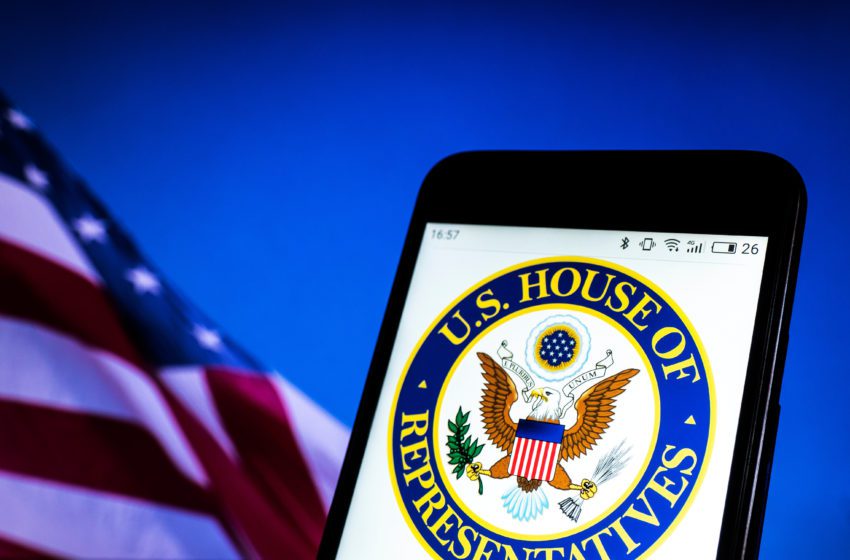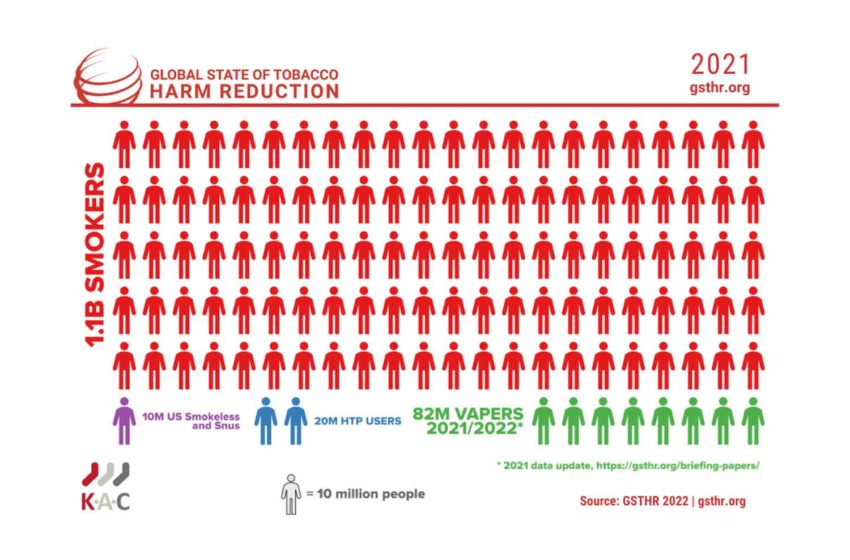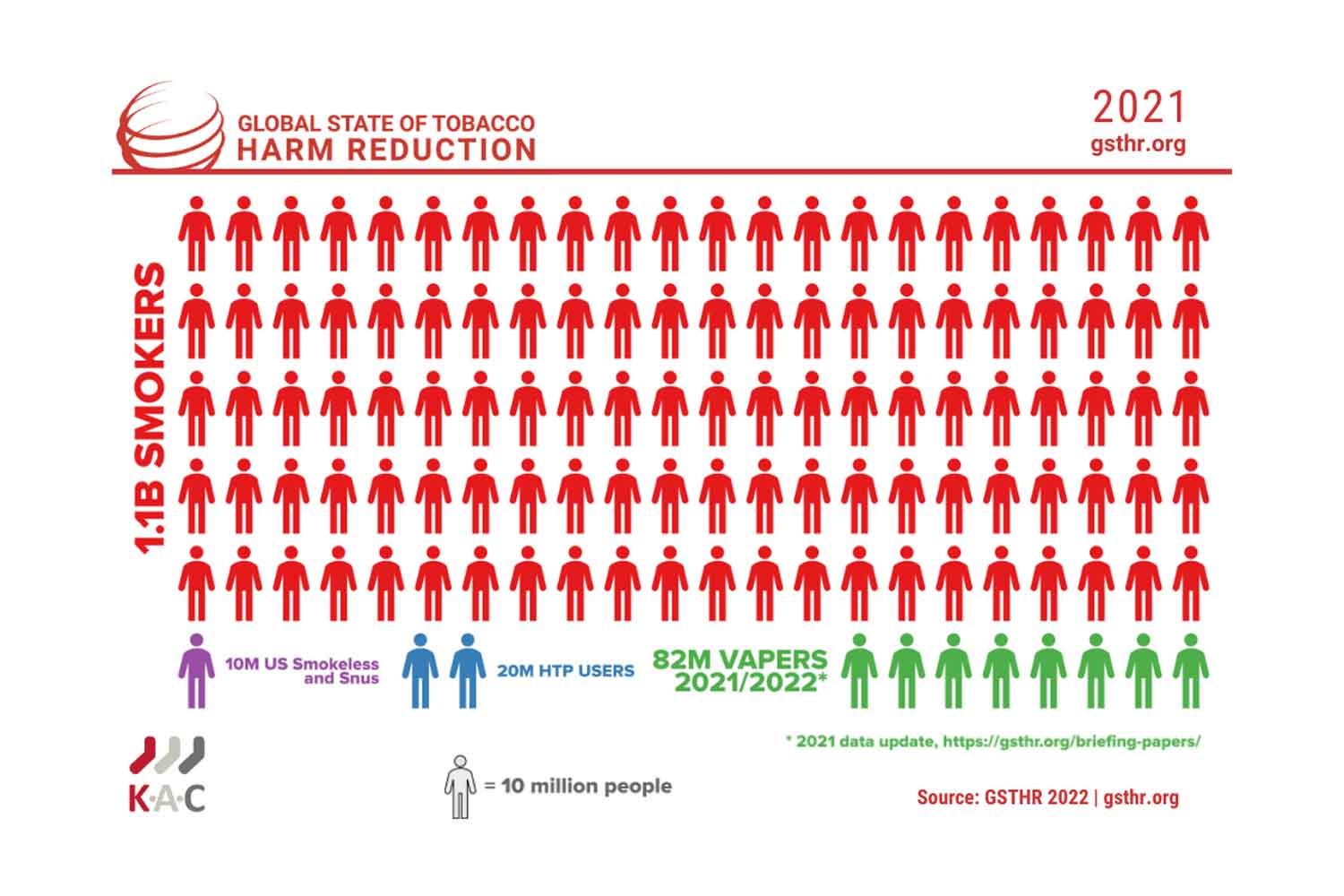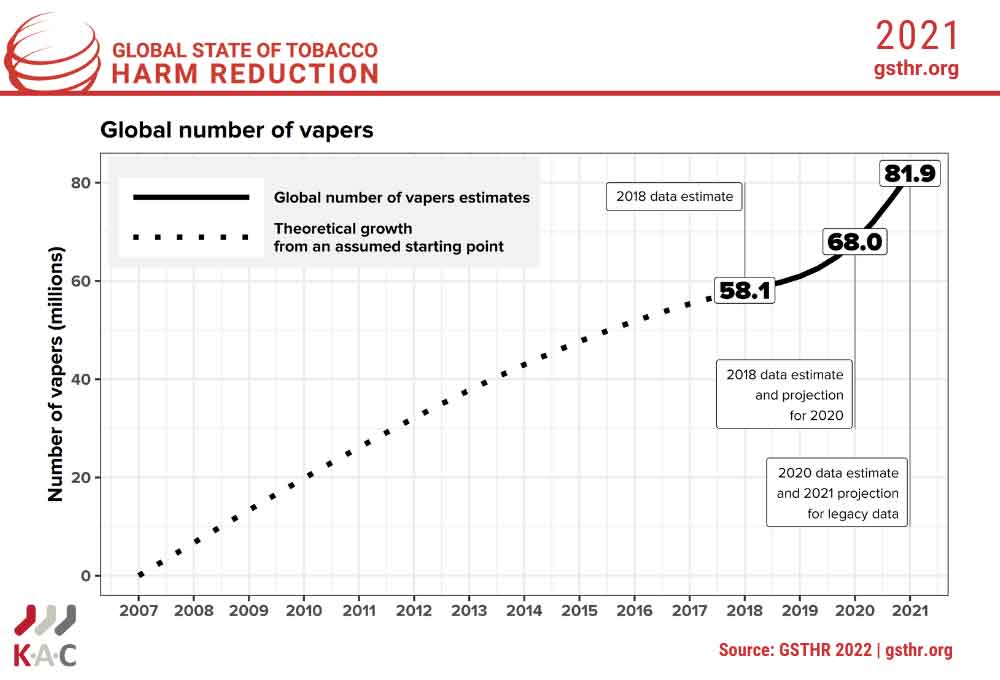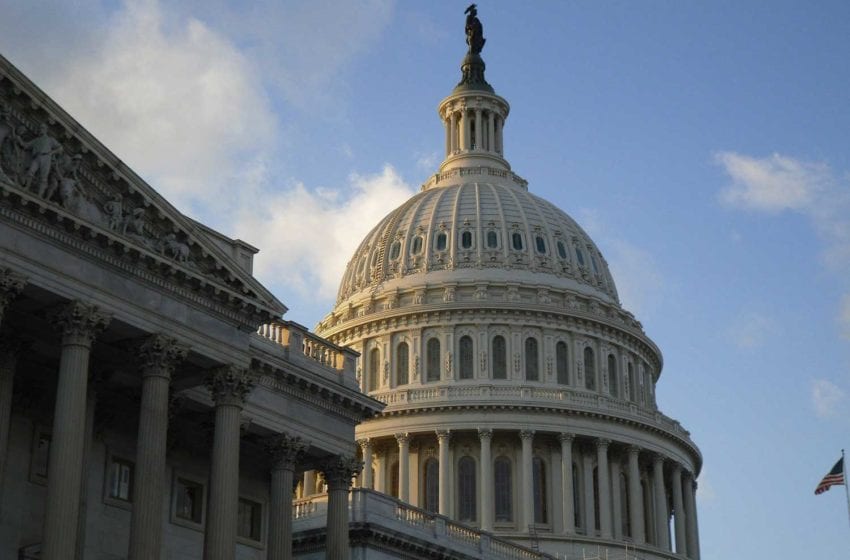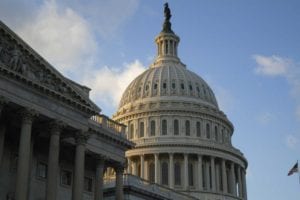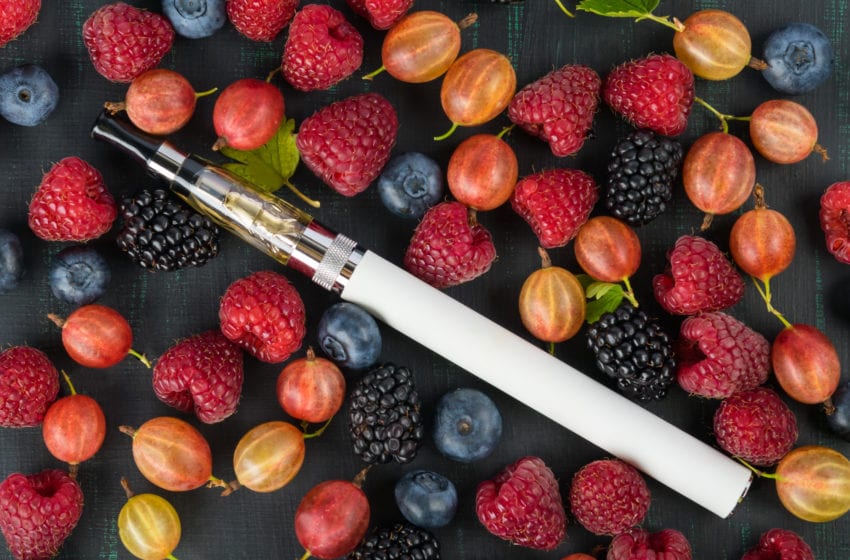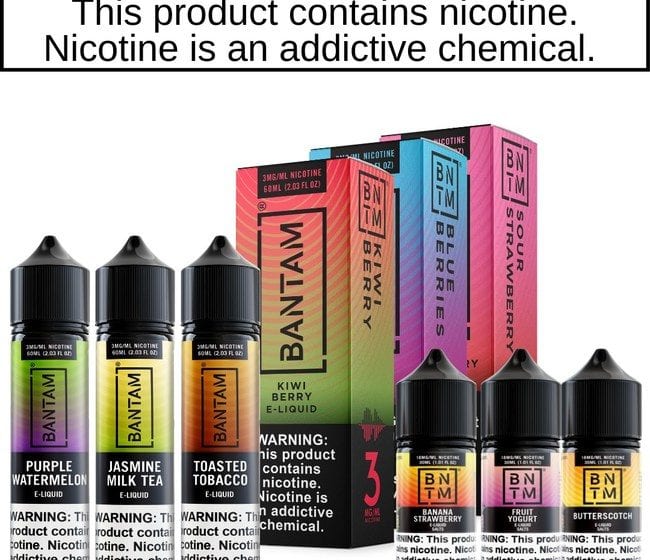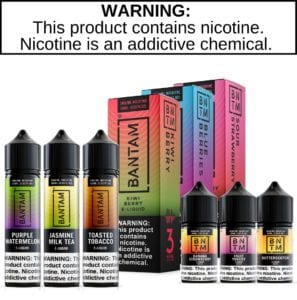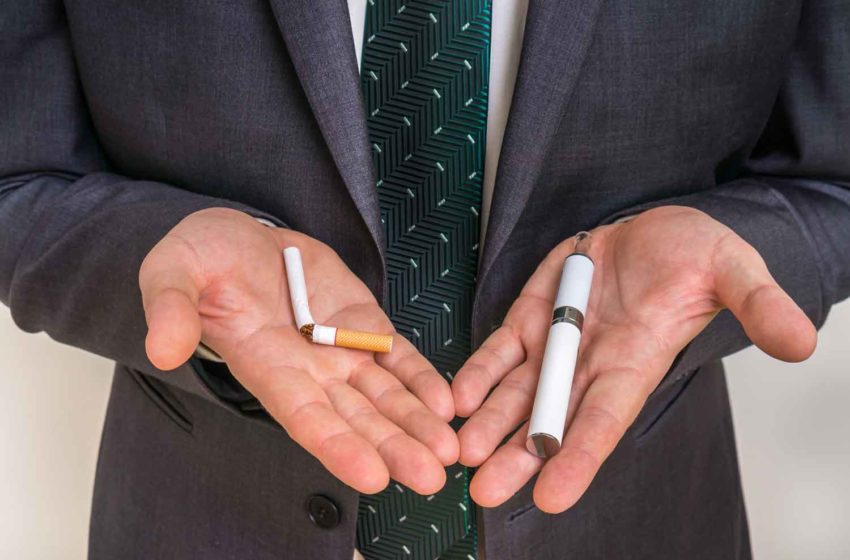Update: At 2:56 pm the House went into recess, to presumably make amendments to the bill. Media outlets have reported it is to remove some Covid-19 related measures (30 states at risk of losing Covid relief funding previously promised). Currently, the vote on the omnibus appropriations bill is expected to occur this evening or late tonight.
It is possible that the omnibus appropriations bill vote is delayed. In case Congress does not complete work on the omnibus by the end of the week, the House is also expected to vote on a CR through March 15 today to allow time for Senate passage and signing by the President.
If the synthetic nicotine language remains in the bill, the rule will become law 30 days after the bill’s passage date. Manufacturers of currently marketed synthetic products would have an additional 60 days to file a premarket tobacco product application (PMTA) without being subject to FDA enforcement—unless the FDA has already denied a non-synthetic version of the same product (meaning those manufacturers would be subject to enforcement 30 days after the passage of the bill).
The U.S. House of Representatives is expected today to vote on an omnibus appropriations bill (page 1,870) that includes language that would give the U.S. Food and Drug Administration the power to regulate synthetic nicotine . Lawmakers have said some add-ons have already been agreed to, such as a package of health care provisions including Medicare program extensions and eliminating the synthetic nicotine loophole.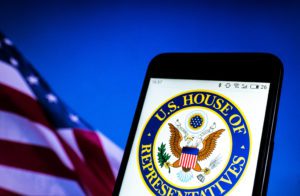
The House is planning to vote sometime today before going to Philadelphia for its annual issues conference. The bill must clear the Senate before stopgap funding expires at midnight Friday. GOP objections to a unanimous consent agreement to speed consideration in the Senate could delay final passage into the weekend, lawmakers warned, but both sides expect the process to be complete in time to avoid a partial government shutdown when federal agencies open Monday.
House Appropriations Chair Rosa DeLauro was adamant after a private House Democratic Caucus meeting Tuesday morning the omnibus would be ready for the House to pass on Wednesday, according to RollCall.
“It’s not going to get delayed. We’re going to vote tomorrow,” she said.
If the spending bill currently under consideration passes, the language of the Tobacco Control Act would change to define a tobacco product as “any product made or derived from tobacco, or containing nicotine from any source, that is intended for human consumption.”
Amanda Wheeler, president of American Vapor Manufacturers association, said the of banning synthetic products is going to drive millions back to combustible cigarettes.
“At a time when FDA is under scrutiny from multiple federal courts for unlawful regulatory overreach on nicotine, handing the agency even more powers to prevent Americans from switching to vaping is like handing car keys and a bottle opener to your drunk uncle,” she said. “It’s already lunatic that FDA is prohibiting adult American smokers from switching to vaping but this legislation is so absurd that it will extend FDA’s reach to products that have no actual, physical connection to tobacco whatsoever. This bill ought to be called the Cigarette Protection Act, because the indisputable outcome will be countless more Americans pushed away from nicotine vaping and back into combustible smoking.”

Yaël Ossowski, deputy director of the Consumer Choice Center, said the legislation will actively harm adults who want to quit smoking. He says that the method of “fattening up continuing resolution bills with laws that benefit special interests, without broader democratic debate or analysis of the costs and benefits,” is shameful in a modern American Republic.
“The byzantine process of asking permission to sell harm reducing vaping products in the 21st century is asinine in itself. But using sleight of hand during an emergency government funding bill to castigate millions of vapers and the entrepreneurs who make and sell the products they rely on is the definition of active harm,” said Ossowski. “Only the largest and most powerful vaping and tobacco companies can afford the lawyers and the time necessary to complete the paperwork necessary to pass the FDA’s process, meaning thousands of hard-working American business owners will now be forced to close, depriving millions of adult consumers of harm reducing options. Many will be forced back to cigarettes.
“Synthetic nicotine is an innovative method of providing nicotine independent of tobacco, and millions of American adults now use these products as a less harmful method of consuming nicotine. A back door bureaucratic power move like this represents a sledgehammer to the men and women of our country who have sought out vaping devices to kick their cigarette habit.”

Ossowski said he hopes elected representatives reject the synthetic nicotine inclusion and “go back to the drawing board” to offer a more permanent policy.
Congress has tried numerous times over the past year to give the FDA authority over synthetic products. The FDA said last year that synthetic nicotine could be considered a component of e-cigarettes, which would allow for the product to be regulated by the agency. Many states have already begun banning synthetic products.
Sens. Richard Burr, Dick Durbin and Patty Murray, along with Rep. Frank Pallone led the effort to get the language into the omnibus, according to two Senate sources familiar with the discussions. “This is an enormous win for public health and American consumers,” Pallone said in a statement. “I’m grateful to members on both sides of the aisle for working with me to close this loophole in the omnibus.”

